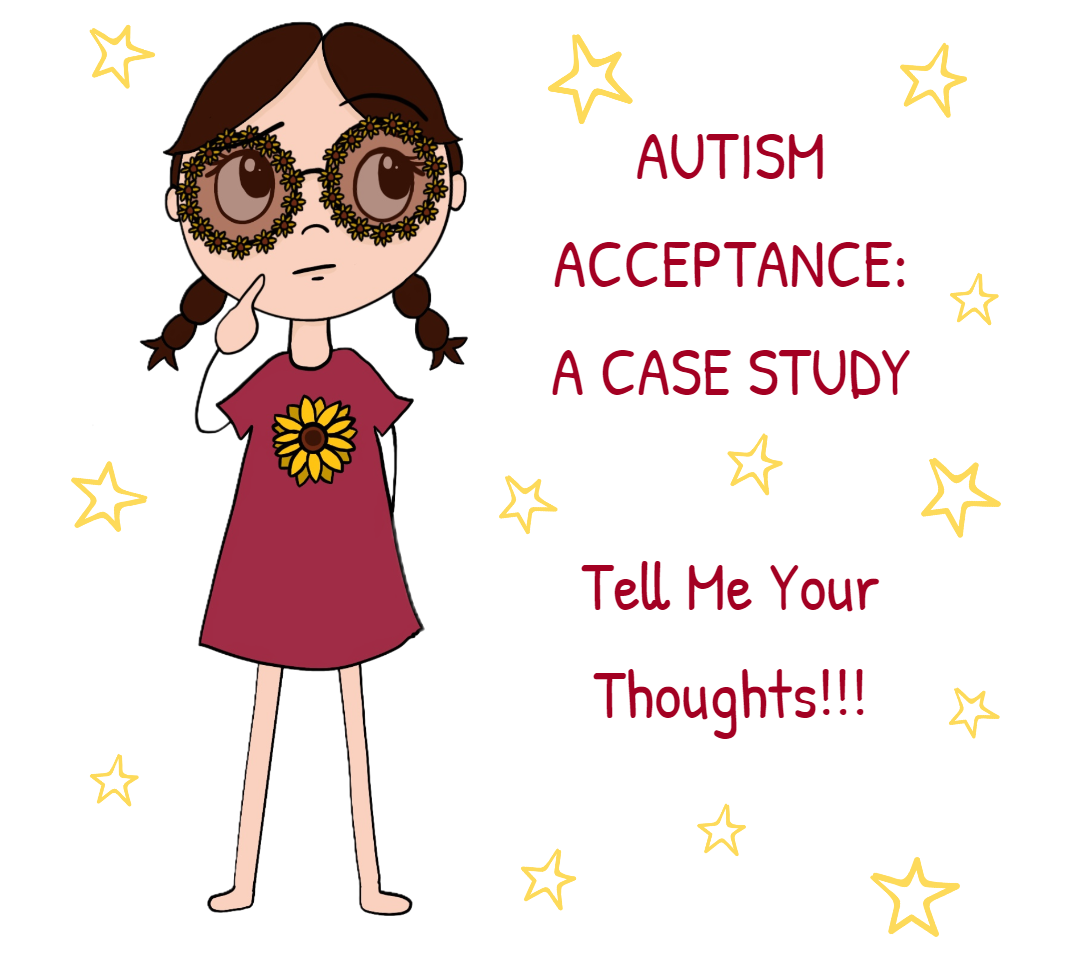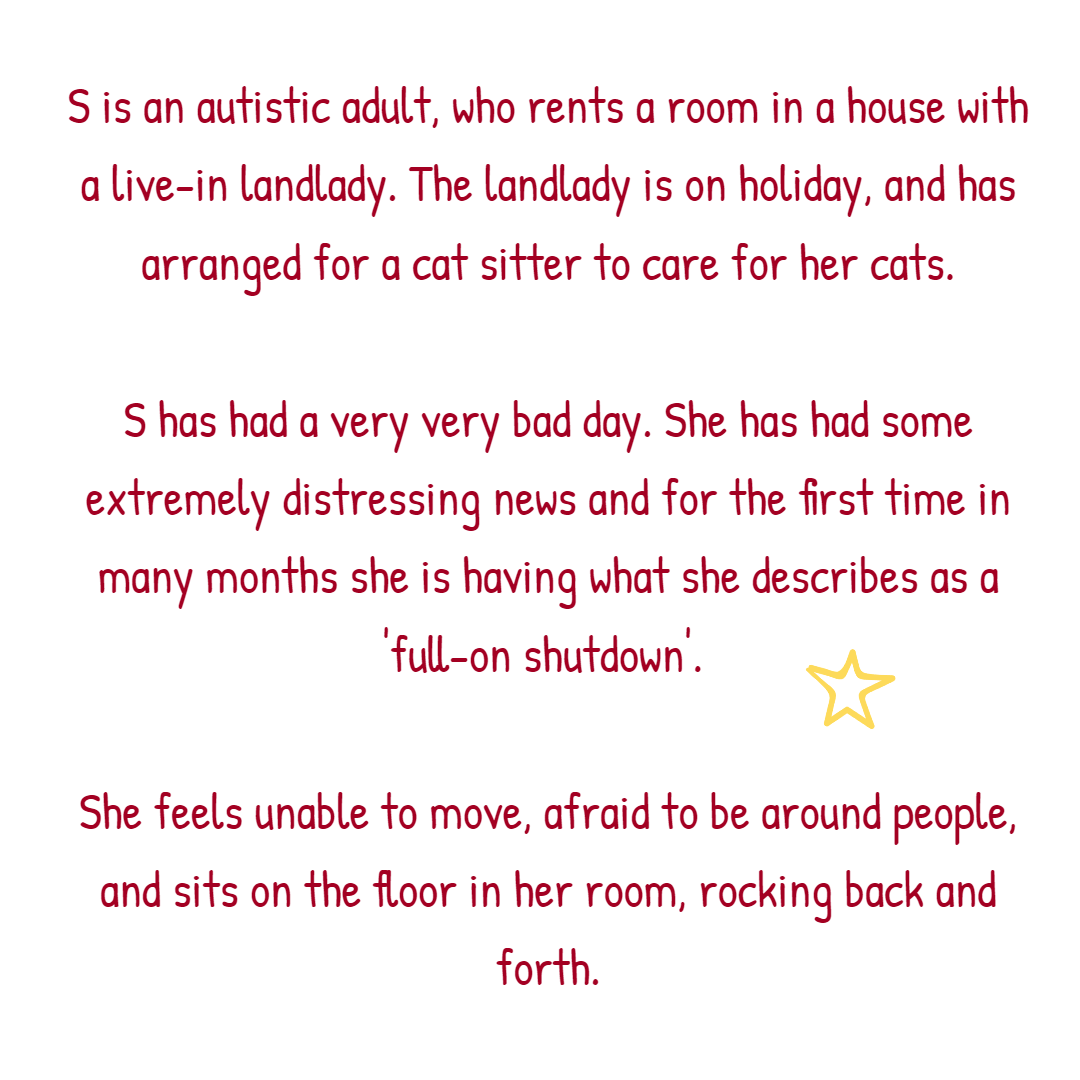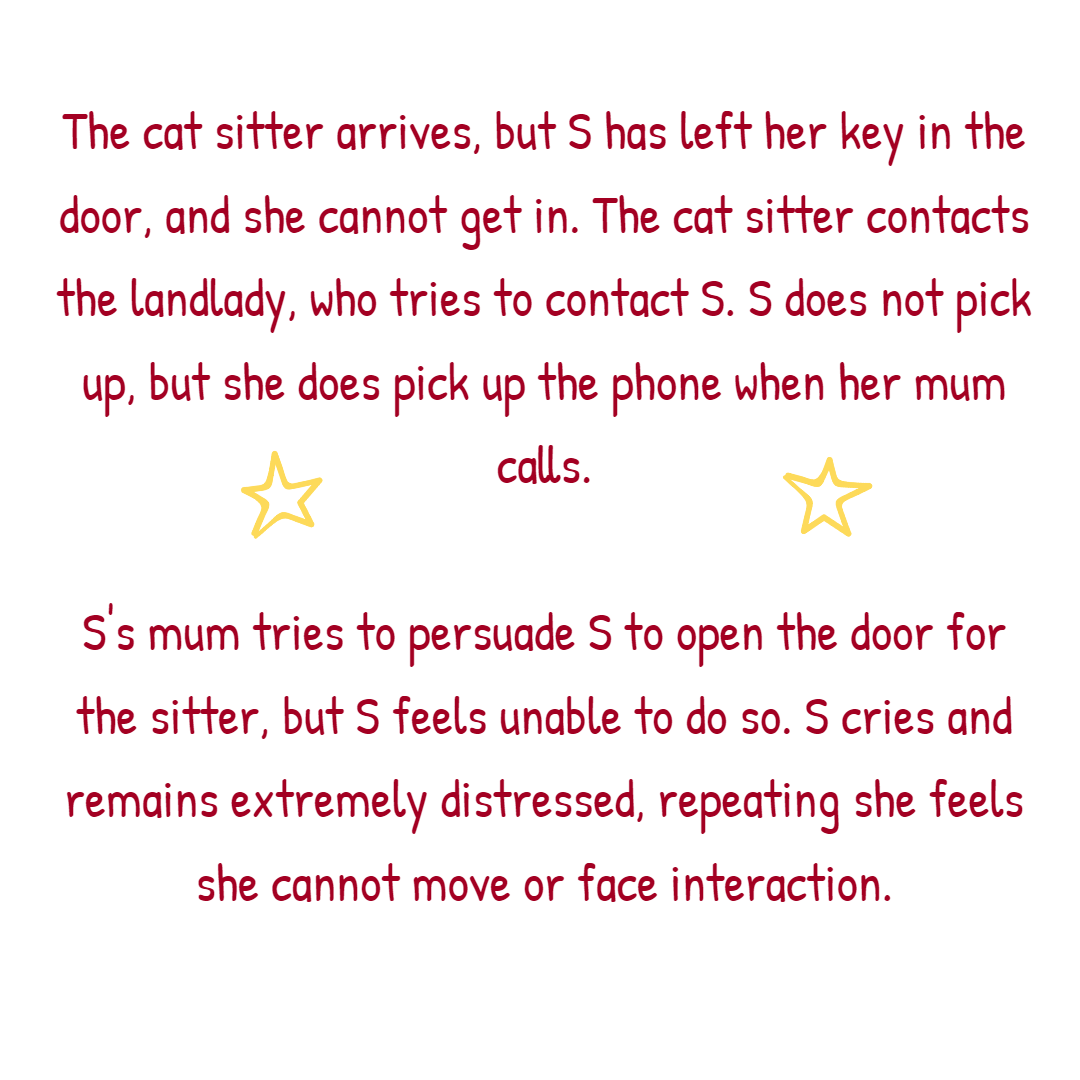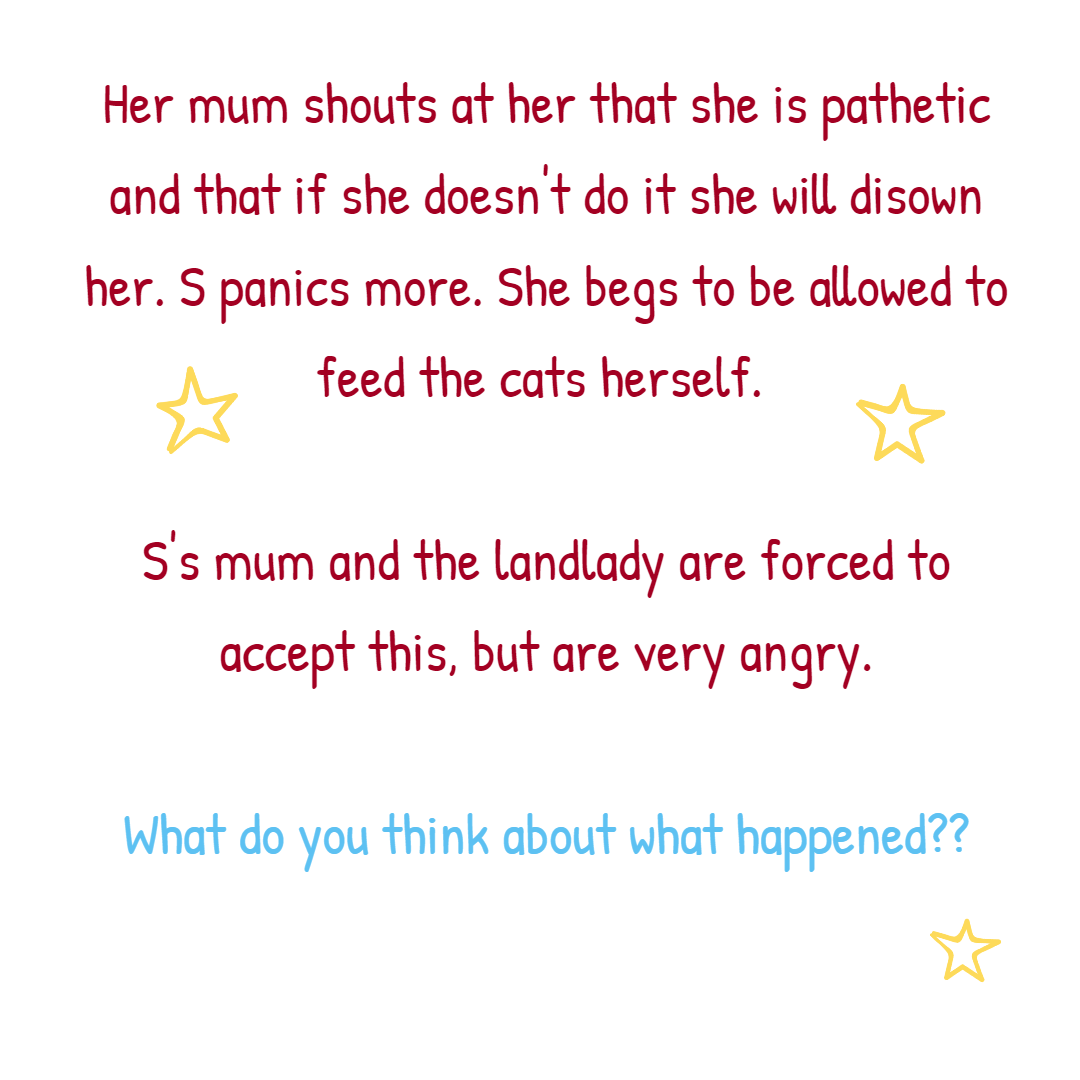Happy Autism Acceptance month!!
NOTE: autism ACCEPTANCE. Not Autism Awareness. I know the difference in language seems minor, but distinguishing between the two is a reflection of the change we want to see in attitude toward autism. What we want is a world that actually accomodates and supports autistic individuals to thrive, rather than simply being ‘aware’ of the differences. Actual acceptance; not just taking a very tokenistic approach.
ANYWAY, language and terminology is maybe an idea for another blog post! I actually want to ‘use’ this month to reflect and think about what autism acceptance means in reality, and I suppose, as part of that, what it’s actually like to be autistic. The maybe not-so-pretty parts, which we often ignore in the media. I find that often, news and even fictionalised depictions of autism tend to show individuals who are more ‘obviously autistic’, perhaps because they also have learning disabilities which present more outwardly, or almost romanticise autism, by displaying traits in a ‘cute’ or ‘quirky’ way. Which isn’t always how it is, and that’s really dangerous. It creates a culture of shame. I’m ashamed of the bits of my autism that aren’t so nice and that maybe society will judge me for. I don’t mind talking endlessly about my special interests, which people laugh and marvel about, or how I sometimes take things literally, or how I dress in my own way. But some aspects of my life…I don’t know how ‘palatable’ they’d be to others.
This brings me onto this ‘case study’. I’d love to know your thoughts on it!
CASE STUDY 1:
S is an autistic adult, who rents a room in a house with a live-in landlady. The landlady is on holiday, and has arranged for a cat sitter to care for her cats.
S has had a very very bad day. She has had some extremely distressing news and for the first time in many months she is having what she describes as a ‘full-on shutdown’. She feels unable to move, afraid to be around people, and sits on the floor in her room, rocking back and forth.
The cat sitter arrives, but S has left her key in the door, and she cannot get in. The cat sitter contacts the landlady, who tries to contact S. S does not pick up, but she does pick up the phone when her mum calls.
S’s mum tries to persuade S to open the door for the sitter, but S feels unable to do so. S cries and remains extremely distressed, repeating she feels she cannot move or face interaction. Her mum shouts at her that she is pathetic and that if she doesn’t do it she will disown her. S panics more. She begs to be allowed to feed the cats herself.
S’s mum and the landlady are forced to accept this, but are very angry.
How do you feel about this? Should we be accepting autism as a difference/disability, and therefore acknowledging that this was an emergency – for example, if someone had a physical disability, and had lost their mobility aid, you wouldn’t expect them to then be able to be mobile – and that S’s differences meant she truly was not able to let the sitter in? Or do we blame S, because ultimately, she is renting a room, is an adult, and physically had the ability to open a door?
I find it hard to decide. I want to say that we need to acknowledge autism just as much as any physical disability, but I think I am still held back by shame, and perhaps a lack of acceptance of my differences. This is why autism acceptance is so important – it is easy to say we know and accept autism…but do we really?
What do you think?




Leave a Reply